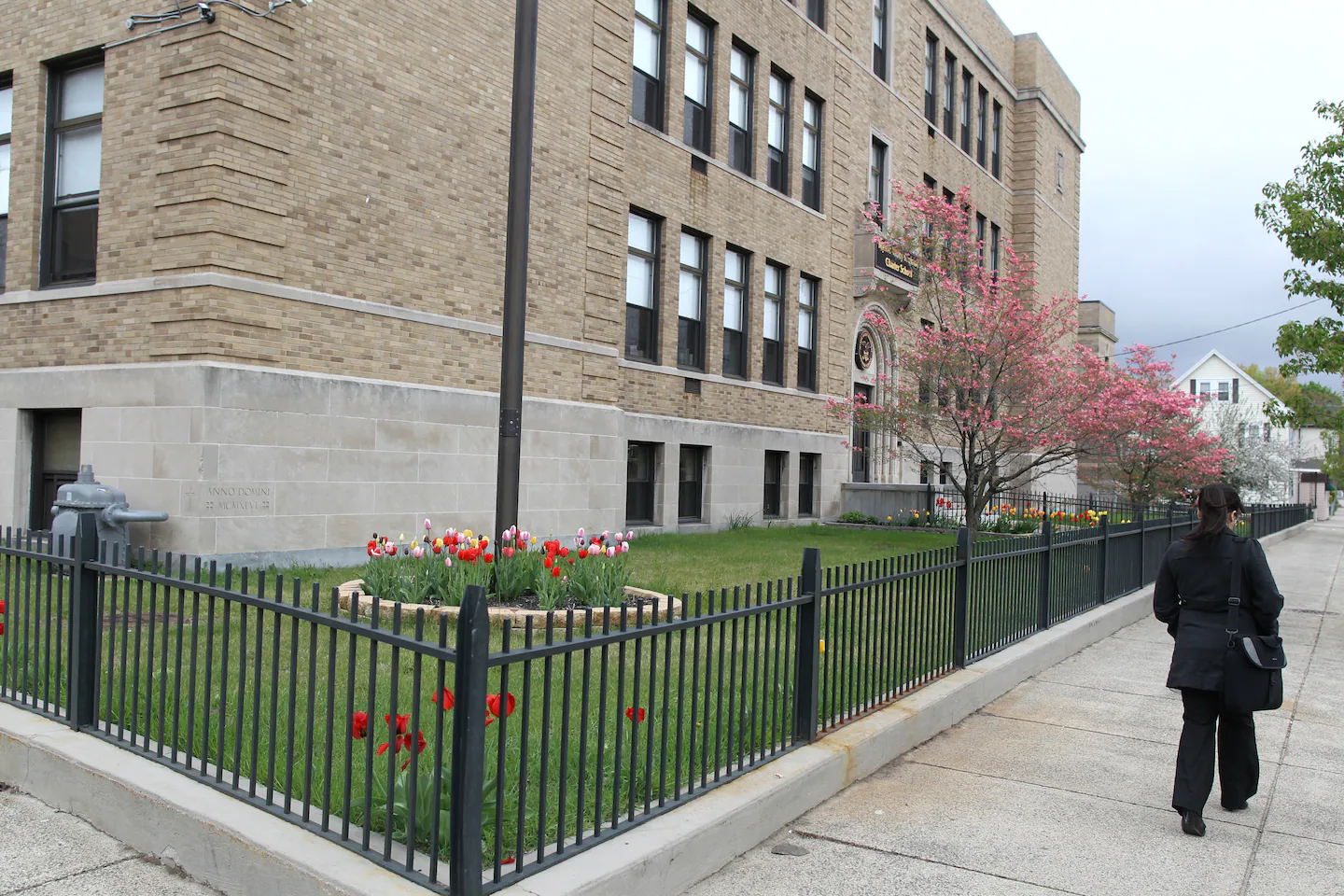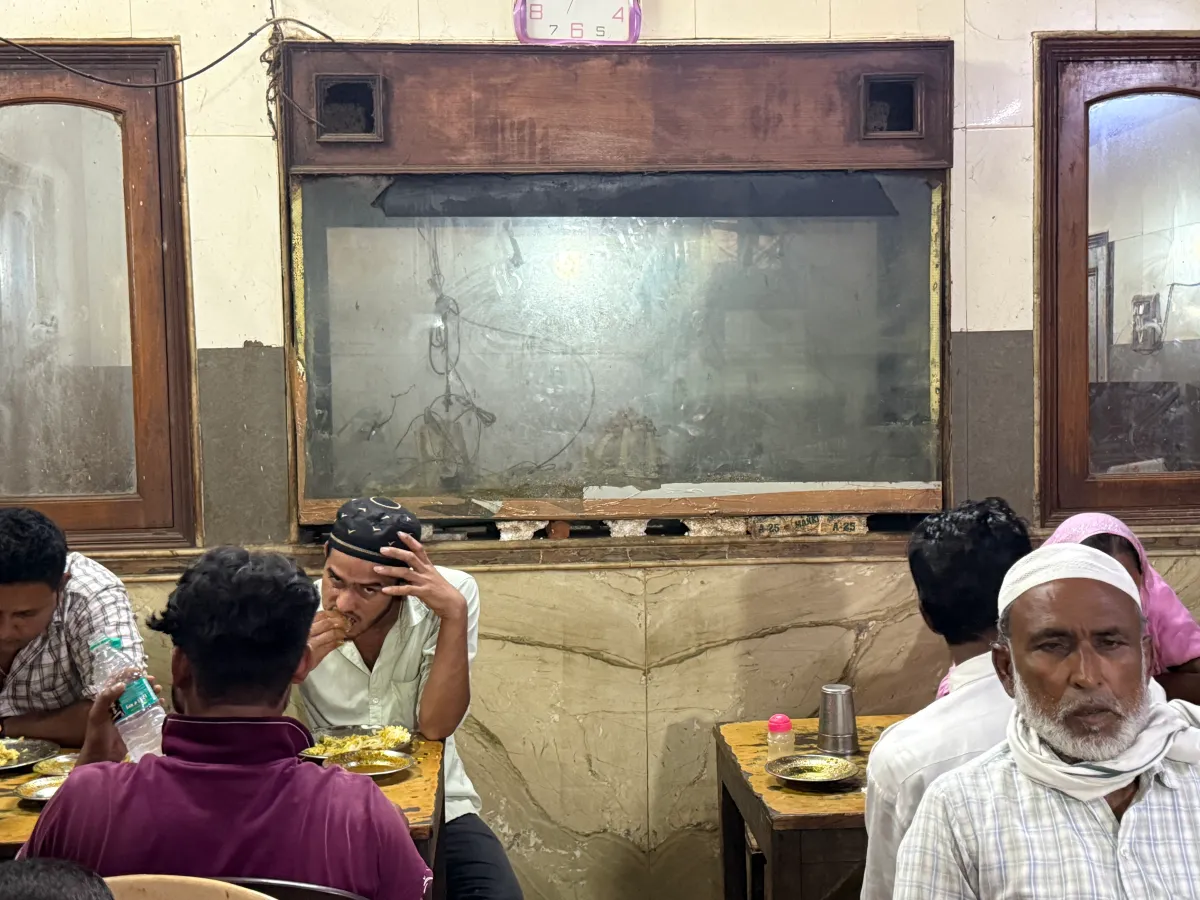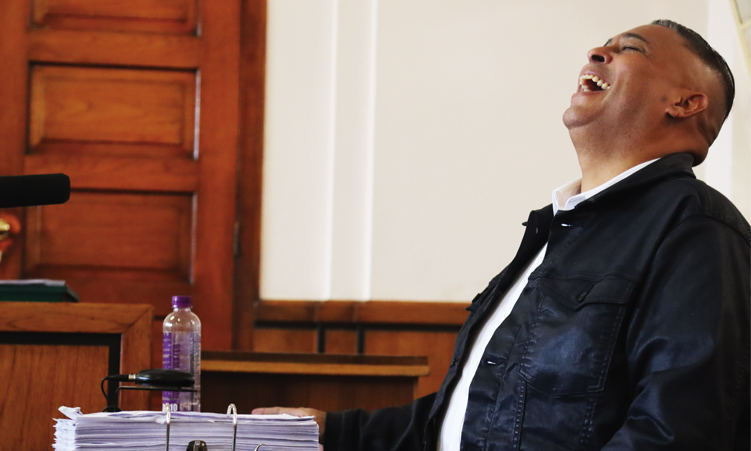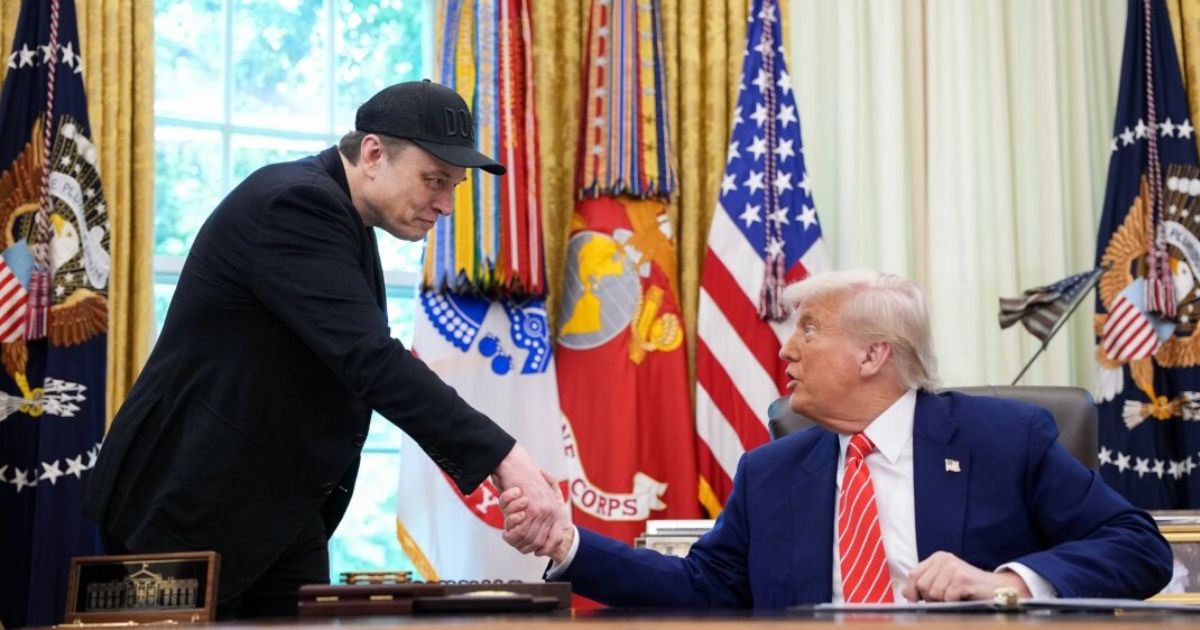Copyright The Boston Globe

The court should take the opportunity to clarify that while charter schools may have some independence to innovate, they are public schools and must comply with the public records law. After all, if charter schools are not responsive to the public, why should the public keep funding them? Mystic Valley Regional Charter School, which has more than 1,600 students across four campuses in grades K-12, was founded in 1998 with the goal of providing a quality education in a “well-mannered, disciplined, and structured” environment. It’s no stranger to controversy, having been accused of discrimination in 2017 and 2022 because of dress code policies that disciplined Black girls for their hairstyles and sent a Muslim girl home for wearing a hijab. In 2022, Malden News Network submitted public records requests to Mystic Valley seeking corporate statements, ledgers, lease records, conflict of interest disclosures filed by trustees, and other documents. Malden 2023 mayoral candidate Lissette Alvarado requested financial documents, and an organization called Commonwealth Transparency requested email correspondence by school employees. The school denied all the requests, claiming it was exempt from the public records law. The state Supervisor of Records and the attorney general found that the charter school is subject to the public records law, and a Suffolk Superior Court judge agreed. The legal argument before the Supreme Judicial Court centers on part of the public records law that lists entities considered governmental (like an agency or board). The law doesn’t specifically mention charter schools, and attorneys for Mystic Valley Regional Charter School say charter schools don’t fit into any of the categories listed in the law. In a legal brief, the school argues that charter schools are more akin to business corporations than governmental entities, because they are established by independent organizations and managed independently from local school committees. The school says because it complies with state reporting requirements, data on things like student enrollment and finances are public through the Department of Elementary and Secondary Education. But the school maintains it doesn’t have to release information about corporate operations. It’s attorney Charles Waters argues in a brief, “Requiring charter schools to respond to public records requests would be a significant burden on those schools’ ability to educate children.” But plenty of government agencies — whether small district public schools or rural planning boards — face burdens complying with public records requests. That’s why the law lets entities charge reasonable fees and take a reasonable time to comply. And as Attorney General Andrea Campbell’s office points out in its legal brief, state law also has a test used to determine what is a public entity, which includes factors like the extent of government control, whether the entity performs a government function, and whether it takes public funds. Mystic Valley received $23 million in state tuition dollars in fiscal 2021, plus additional public funding, according to the brief. Supreme Judicial Court Justice Scott Kafker put it well when questioning Waters during oral arguments. “Once I get to that five-part test, you’re in real trouble,” Kafker told the charter school attorney. “It quacks like a duck. It waddles like a duck. It paddles like a duck.” As attorneys for both sides acknowledge, lawmakers intentionally created charter schools as public schools to get around the anti-aid amendment, which prohibits spending tax dollars on nonpublic schools. The ACLU of Massachusetts and Citizens for Juvenile Justice filed briefs arguing that the charter school should be subject to the public records law. In any public school setting, ACLU attorneys argued, “the public has a deep and abiding interest in a wide range of topics, including what contracts the school enters, how the school implements discipline, and whether the school is providing free and appropriate public education to students with disabilities.” Other charter schools in the state have taken a different stance. Indeed, charter schools have long advocated for policies that allow them to expand and obtain public funding specifically on the grounds that they are public. Tellingly, Tim Nicolette, executive director of the Massachusetts Charter Public School Association, which represents charter schools, told the editorial board that the association “fundamentally disagrees” with Mystic Valley’s contention that charter schools are more like private organizations than governmental entities. “While charter public schools are afforded specific autonomies and flexibilities within the law to allow for greater educational innovation, we believe that Massachusetts law is clear that charter public schools are public institutions that must adhere to the laws and regulations that govern public governmental entities,” Nicolette said in a statement. “That includes the public records law.” Nicolette said adherence to the public records law is “a critical means of ensuring transparency, accountability, and the maintenance of public trust.” Charter schools have been a great asset to Massachusetts families; indeed, Mystic Valley has been ranked as one of the best schools in the state. But that’s not the issue here. The issue is that the public has a right to know how their tax dollars are being spent.



